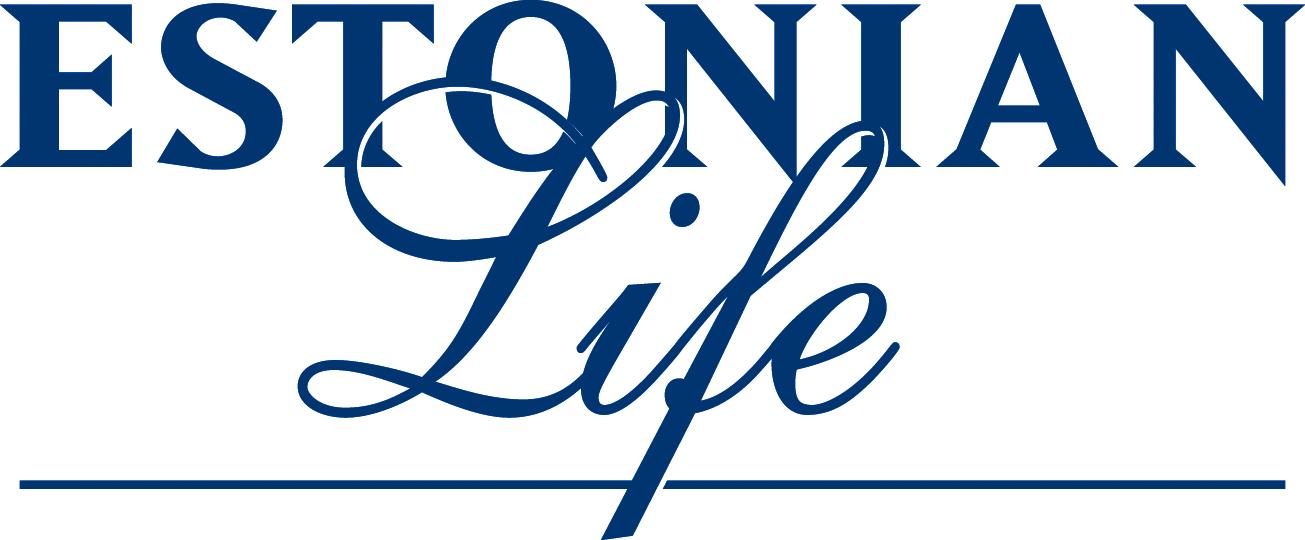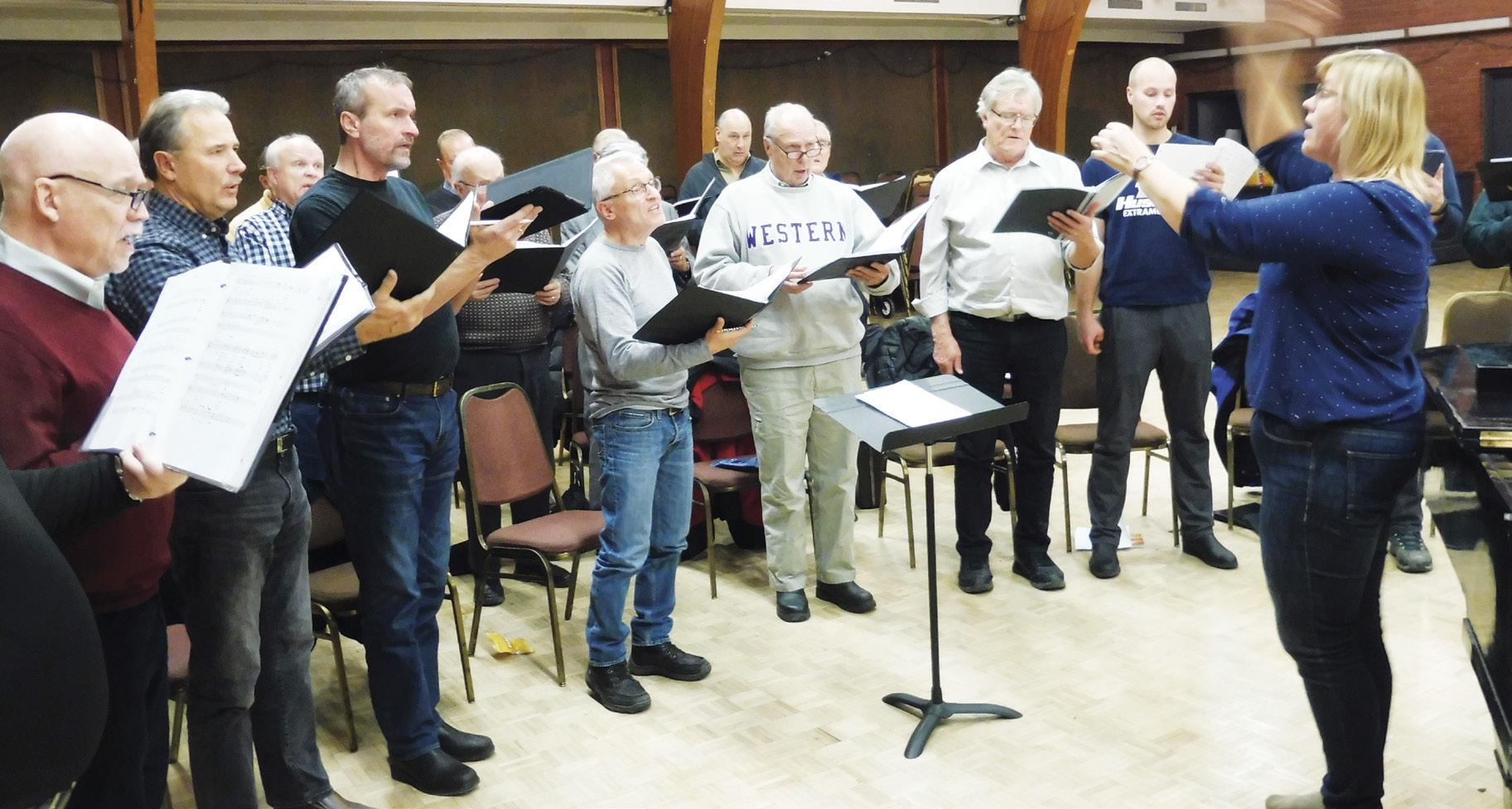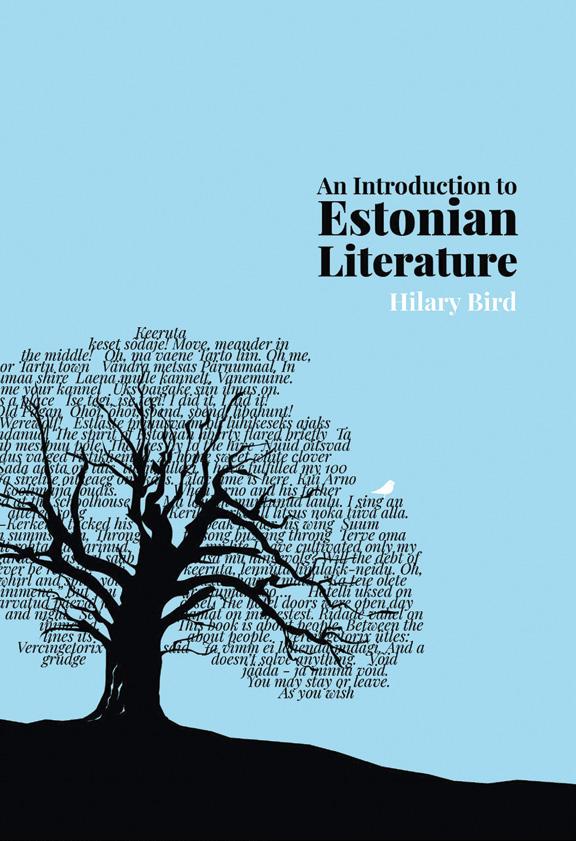
4 minute read
Donor Profile: Viru Vanemad


Advertisement
Maret and Rein Pajo
Perseverance and faith in the future are core values for this family
The deeply felt principles that guide the Pajo family are perseverance, faith in the future and, above all, eestlus – pride in being Estonian.
This is why Rein and Maret Pajo are supporting the new International Estonian Centre (IEC) as Viru Vanemad donors.
The couple have felt these family principles even more strongly recently as Rein put the finishing touches on his family history, which was published in October 2019. Titled “Üle kolme kontinendi” (“Across Three Continents”), it chronicles the life of his parents Elmar and Klarissa, who embodied what it meant to never give up.
In 1944, when the Soviet forces were getting ready to invade Estonia, Elmar Pajo was station master at the Kilingi-Nõmme train station in Viljandi. He was also a member of “Omakaitse” (Estonian Home Guard). Rein was just three years old.
Because of his actions with Omakaitse, Elmar was arrested by the Soviets and taken to Leningrad with his compatriots to stand trial. Some were sentenced to death and others to prison. Elmar was sent to prison camps in Siberia, where he would stay for 12 years.
Rein and Klarissa escaped the country and settled in a German refugee camp for five years before coming to Canada. After arriving in Canada, Klarissa worked several jobs concurrently to provide for the family.
“She was a remarkable woman,” Maret said.
“We had no idea where my father was, but we deduced through carefully worded communications from our relatives in Estonia that he had been “detained,” Rein said.
Contact with Elmar was finally made in 1956 when he returned to Estonia.
“My mother began an intensive effort to bring my father home to us here in Canada,” Rein said. “She wrote countless letters to government officials, anyone who could help, and never gave up.”
The long-awaited and hard-fought result was that Elmar came to Canada and was reunited with his wife and son, who had settled in Toronto.
“We went to the Toronto airport to meet him and I walked up to him and said ‘Tere, isa.’ I will never forget it.”
“And, after all those years apart, mom and dad got along like two peas in a pod and had 45 years together in Canada. They died within a few months of each other in 2010.”
Rein and Maret, who live in Toronto, have two sons: Mati and Toivo who have been very involved in the Estonian community, including attending Estonian school and Jõekääru summer camp, and participating in scouts and folk dancing. Mati, married to Talvi (Hess), is now the father of four: Mikk, 10; Kaili, 8; Kaia, 7 and Heiki, 5. Toivo, married to Sally (Aspinall), has three daughters: Bronwyn, 15; Annabelle, 10 and Sarah, 9.
“We can see how our sons and their contemporaries are now doing a lot of the work in helping sustain the Estonian community, as we did, and our grandchildren are waiting in the wings. Some of them are already going to the Estonian summer camp Jõekääru, Estonian gymnastics, scouts and guides,” Maret said.
“Our oldest granddaughter, Bronwyn, lives in Kingston, away from the Estonian community, but considers herself to be Estonian. She, too, goes to Jõekääru every summer and she sang in the Noortelaulupidu (Youth Song Festival) in Tallinn in 2017. She plans on attending the University of Toronto, as we did, and the proximity of the new centre to the campus means she can walk to activities there, meet her friends and make new ones.”
“We want our grandchildren to have the same opportunities that we did, to make lifelong friendships,” Maret said. “The closest friends our boys have are the ones they made when they were young children, participating in Estonian activities.”
They also feel a modern, connected IEC will raise Estonia’s profile and help ensure its independence.
“The more awareness and buy-in we get from non-Estonians, the better,” Rein emphasizes.
Rein and Maret say it is time to look to the future, while acknowledging and honouring the past.
“When the original Estonian House was purchased, it was quite controversial. People questioned why we should buy this old schoolhouse – but it ended up serving us for many years,” Rein said.
“But now that it’s no longer sustainable, we need to move on, to build an exciting new place to gather and call our own – to be able to say ‘that’s us!’”
Rein’s family story caught the imagination of Estonian playwright Tiit Palu who wrote “Klarissa kirjad”, which was performed to critical acclaim in both Canada and Estonia.
“If my parents were still alive, they would certainly have encouraged us to donate to the new centre,” Rein said. “That’s one of the reasons we are supporting it. We don’t want these things to be forgotten.”
“Üle kolme kontinendi” (“Across Three Continents”) is available at the Tartu College Library in Toronto, in English and Estonian.
Get involved and help support our future
The International Estonian Centre’s capital campaign donor categories are Kalevipoja Laud for gifts over $100,000 (including naming rights for specific areas), Viru Vanemad for gifts over $10,000, and Kungla Rahvas for gifts up to $10,000. Stay tuned for the launch of the Kungla Rahvas campaign in 2020.
To make a donation, please contact Urve Tamberg at donations@estoniancentre.ca.
Donations may be made as a family gift, or in honour of an individual or family. All Canadian and U.S. donations will be issued a tax receipt.
Let’s keep in touch!
• Visit our website www.estoniancentre.ca for regular updates
• Sign up for our monthly email newsletter at www.estoniancentre.ca
• Follow us on Facebook: @EestiKeskus










